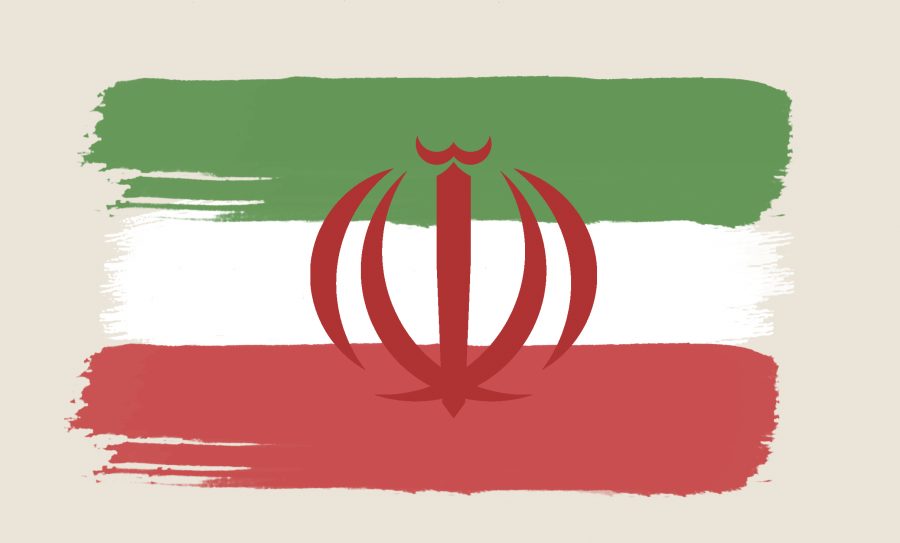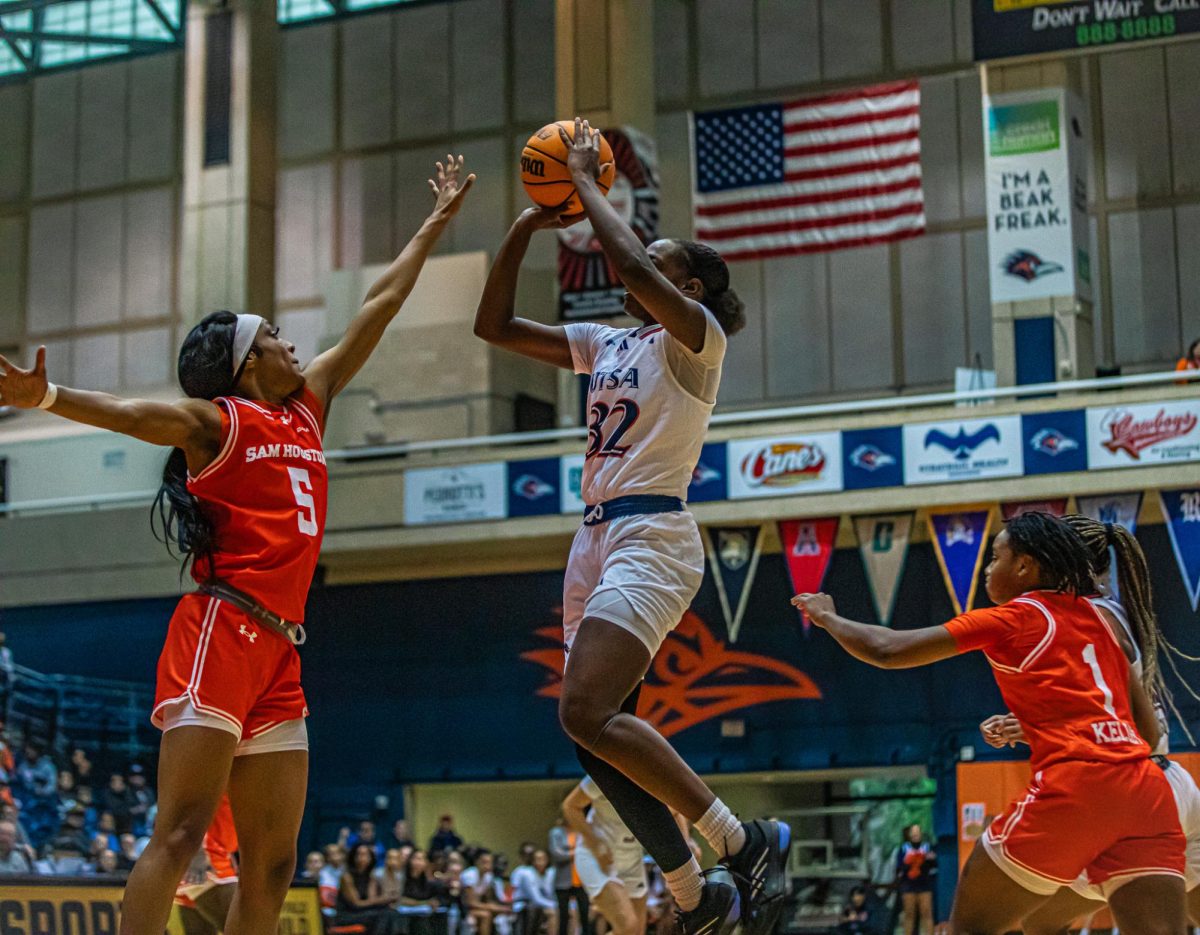75,000 people flooded Stadio San Paolo in July 1984 to celebrate the signing of an Argentine superstar to their beloved soccer club, Napoli. The economy was hit hard by two oil crises during the 1970s. As a result, Italy experienced significant stagflation, and the city of Naples was harshly affected. When Naples welcomed South American soccer superstar, Diego Maradona, their problems were phased out. Immediately, Maradona’s brilliance on the pitch brought fans to tears and some even had heart attacks. Far from perfect, Maradona brought two Serie A Cups, the first in club history, and more notably, his contagious spirit captivated an entire city. The people of Napoli did not have much, but many had a picture of Maradona in their houses, and it meant more to them than any basic need ever could. Additionally, Maradona’s home country benefited from his world-class play as he helped bring the World Cup trophy home in 1986.
On the pitch, a man can change the outlook of a soccer club, its city’s economy and an entire country’s fandom. Conversely, this article is about power and prowess as a spectator.
On Oct. 10 of this year, Iran hosted Cambodia for a men’s World Cup qualifier, and for the first time in nearly 40 years, women were in attendance. The ban of women from sporting events dates from 1981, introduced by hard-line conservatives, preferentially insecure men. Imagine a woman in the United States not being able to witness the greatness of American sports.
The decision to allow women to watch the Iranian 14-0 win over Cambodia came only one month after a soccer super fan, Sahar Khodayari, died after setting herself on fire. Khodayari was sentenced to prison for six months for attending a soccer game. Khodaryi did the inconceivable in anticipation of a better future. Subconsciously, Americans try to materialize sports as an activity that consists only of statistics and waive the human element of what is supposed to be, a privilege in the United States. 7,000 miles away, freedom is fought for, while American freedom is often exploited.
In Iran, sneaking into soccer games became a popular stunt for 23-year-old Zenab Sahafi. When Sahafi was 13, her uncle helped her dress up as a bearded man to attend her first soccer game. As she got older she began going stag. Her disguises evolved, and if she made it in the stadium she would post about her success on Instagram. She would even capture pictures with her favorite players from her favorite team: Persepolis. As her Instagram followers began to increase due to her sneaky stardom, so did the target on her back. A few times, the pure emotion of being in the stadium would leave her in tears and it led to her being escorted out of the stadium.
Sahafi did not join the 4,000 women in attendance for this month’s match.
Instead, Sahafi watched and cried from a cafe in Istanbul, where she was sent on exile. Today, Sahafi spends her days FaceTiming her family, including her infant brother from 1,500 miles away. Her exit from her homeland was so rushed that she did not get the chance to say goodbye to her father.
When asked about the historic game, Sahafi told the New York Times, “It’s like planting a very small tree, watching it grow and finally seeing that there are fruits. It’s just that other people are now eating the fruits.”
With all that is wrong in the world, how is it that the love of sports can conquer all? When people play or watch their favorite sport it seems everything in their lives is forgotten, which is a beautiful way to escape from reality. Many stories, moments, legends, memories, plays and players to last a lifetime of excitement and existentialism. They are what connects sports to reality that makes the world transcend. Fighting for what is right and not falling into a demoralization of how things are allow us to evolve. Everyone should feel the passion that Sahafi has shown to her team and channel it toward something or someone to truly live life the way it is meant to be lived. Life is short, go find your way.












